One of the fantastic things I have learnt as a result of having my eldest daughter is sign language. And I am a real fan! It’s fantastic for aiding communication and learning with babies and children – whether or not they have a speech delay / hearing difficulties. Here’s our experiences so far:-
Knowing to expect a speech delay, we embarked on learning to sign before our daughter was even born. We bought a book on baby sign language and started learning some basic signs that would be relevant like ‘milk’, ‘mummy’ and ‘daddy’ and ‘book/story’, etc. We started sharing books with her and signing the key signs when she was just a couple of weeks old.
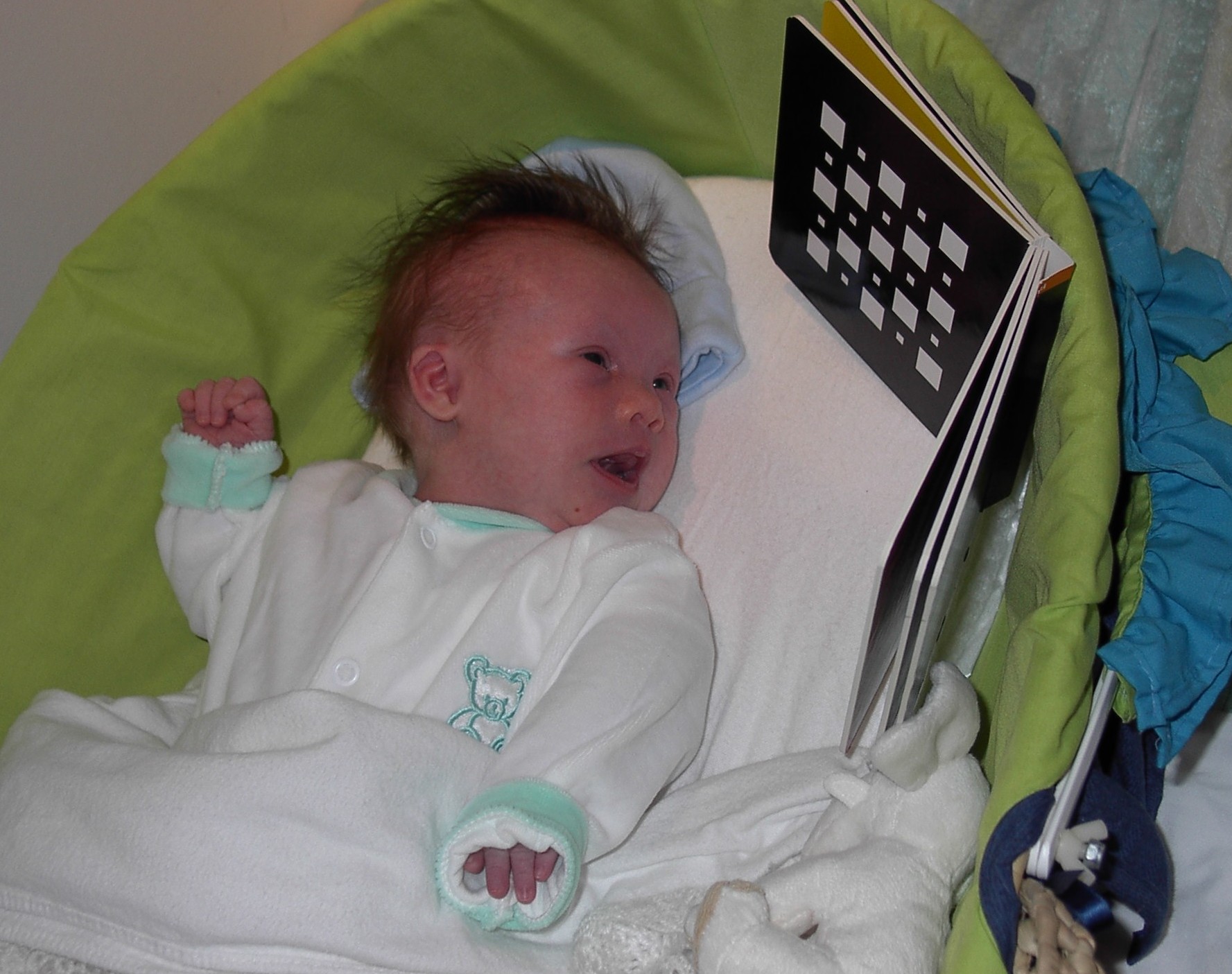
From 6 mths old, we had input from a speech and language therapist and learnt how to ‘read’ our baby’s earliest communications via eye pointing i.e. put a teddy and a doll in front of her and ask her ‘Where’s the teddy?’ (in sign and speech simultaneously) and then watch carefully where her eyes went to, praising her if she got it right. (Note to readers: You could start these type of activities much earlier than 6 mths but we didn’t know to before that!) From these games we saw that she could understand many words (especially when reinforced with a sign). Her first sign back to us came with “more” – we had been teaching her (hand over hand and making the movement for her) to tap her hand on top of our fist to sign ‘more’ when she wanted to repeat a game or story. At 10 mths she would tap our fist without any help/prompt and by 12 mths she was signing it uninitiated to ask for more stories at bedtime!
Signs came thick and fast from 14 mths onwards when she also started to combine signs such as “hungry + food”. By the age of 24 mths (2yrs) she knew and used 240 signs! In comparison for typical children, speech comes thick and fast from the age of 2 – at 2yrs the average child will speak 100 words, by 2.5yrs they will know ~300. So the beauty of signing for us was that we could see that our daughter had the same vocabulary as her peers,even if she couldn’t yet form the words….
It also made her think of herself as a communicator – she initiated conversations (in sign) because she knew we would understand her and respond. It gave her confidence, allowed her to make choices, ask for things and make her feelings/ ideas known. She made her own sign up for the Ninky-nonk in the Night Garden! She signed in her play and even signed in her dreams giving me wonderful insight into her world!
niamh signing aged 2 – video clip showing her at just gone 2 yrs signing to me that she is going to the ‘beach’ in her ‘car’ and then ‘going’ ‘horses’ ‘to see’ ‘yes!’
In comparison, her 1st words were “Da-da” at 18mths, “yeah, nao, there, up and dow(n)” at 2 yrs. Just think of all the conversations and communications we would have missed out on had it not been for signing to bridge the gap.
In addition, signing proved invaluable for other things too:-
An Eyesight test – when she pointed at the pub ceiling and signed “fly” at the little black dot that I had to squint at to see what it was – i knew there was nothing wrong with her eyesight!
As a Hearing test – she knew the sign for “mouse” and “house” very well but when she misheard me and signed the wrong one, I knew her hearing was poor.
As a Memory aid – for example recalling a sequence of events e.g. first do x and then, y. Or remembering 3 items. It has also been an excellent aid for me to remember peoples names (I sign spell it to myself surreptiously)!
For Clarification – my daughters speech was unclear at first and so a sign differentiated her “dare” as a chair, there or stairs! When she was trying to get me to understand what sounded like “doh-pan”, I didn’t have a clue until she signed ‘saucepan!’
Now at school, finger spelling (British Sign Language alphabet) has been invaluable at learning and remembering spellings, especially tricky words such as ‘sword’ and ‘knight’ which have silent letters in them that you can’t hear! Although my daughter can piece together some simple 3 letter words in the conventional way through sounding it out, she takes most of her clues from watching another person’s mouth say the word i.e. she is lip reading the shapes of the sounds. She is not so successful when she can’t see someone else say the word and has to try and sound it out with her own voice. However, once she has learnt the sign spelling she can recall the letters of the word much more easily.
Signing in this way has been used in some mainstream schools too to good effect. For more info check out:
signsforsuccess

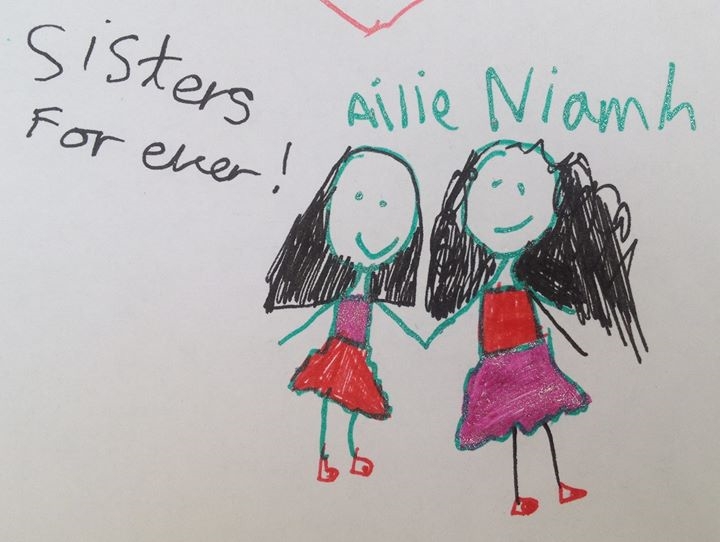
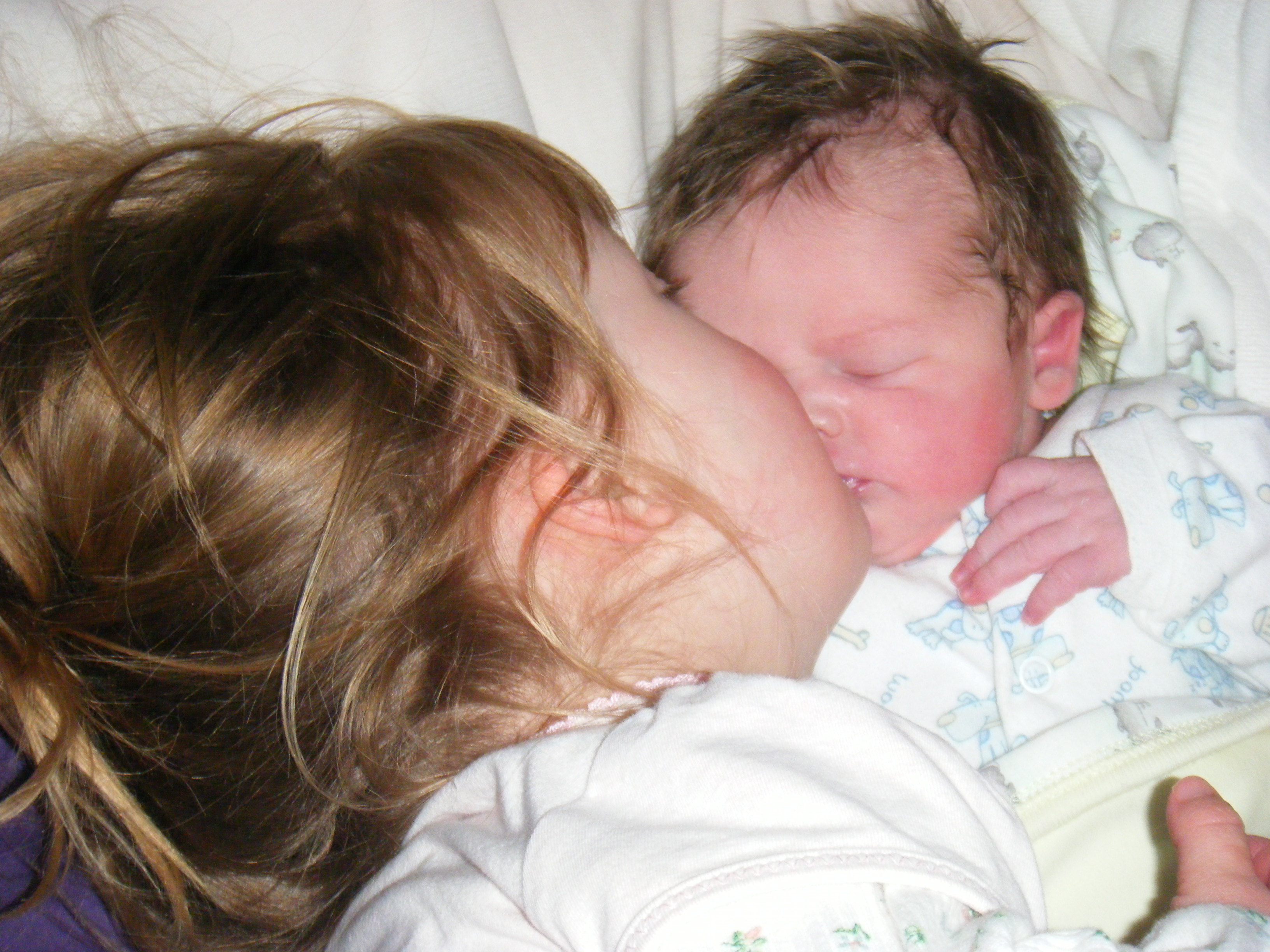
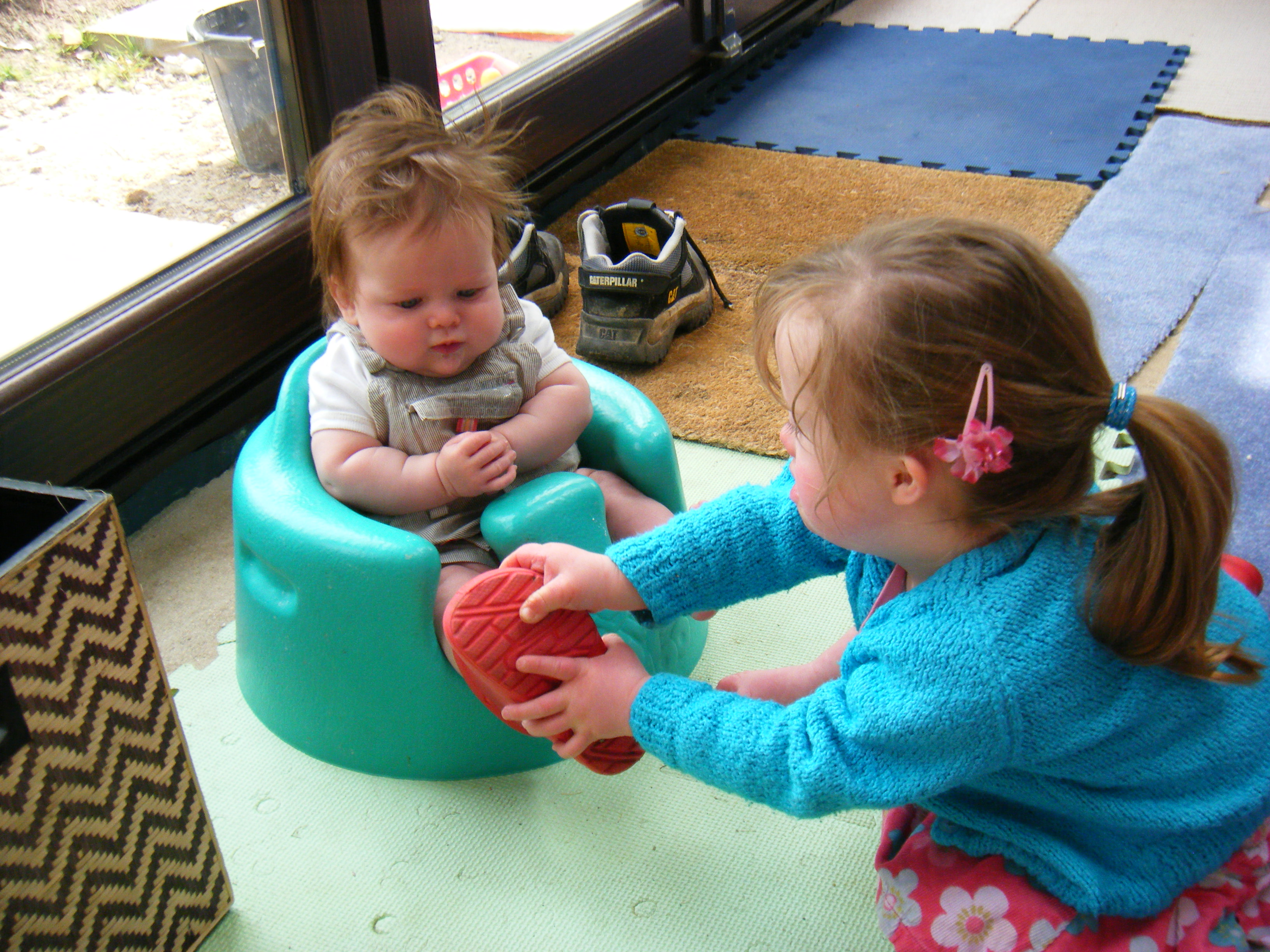
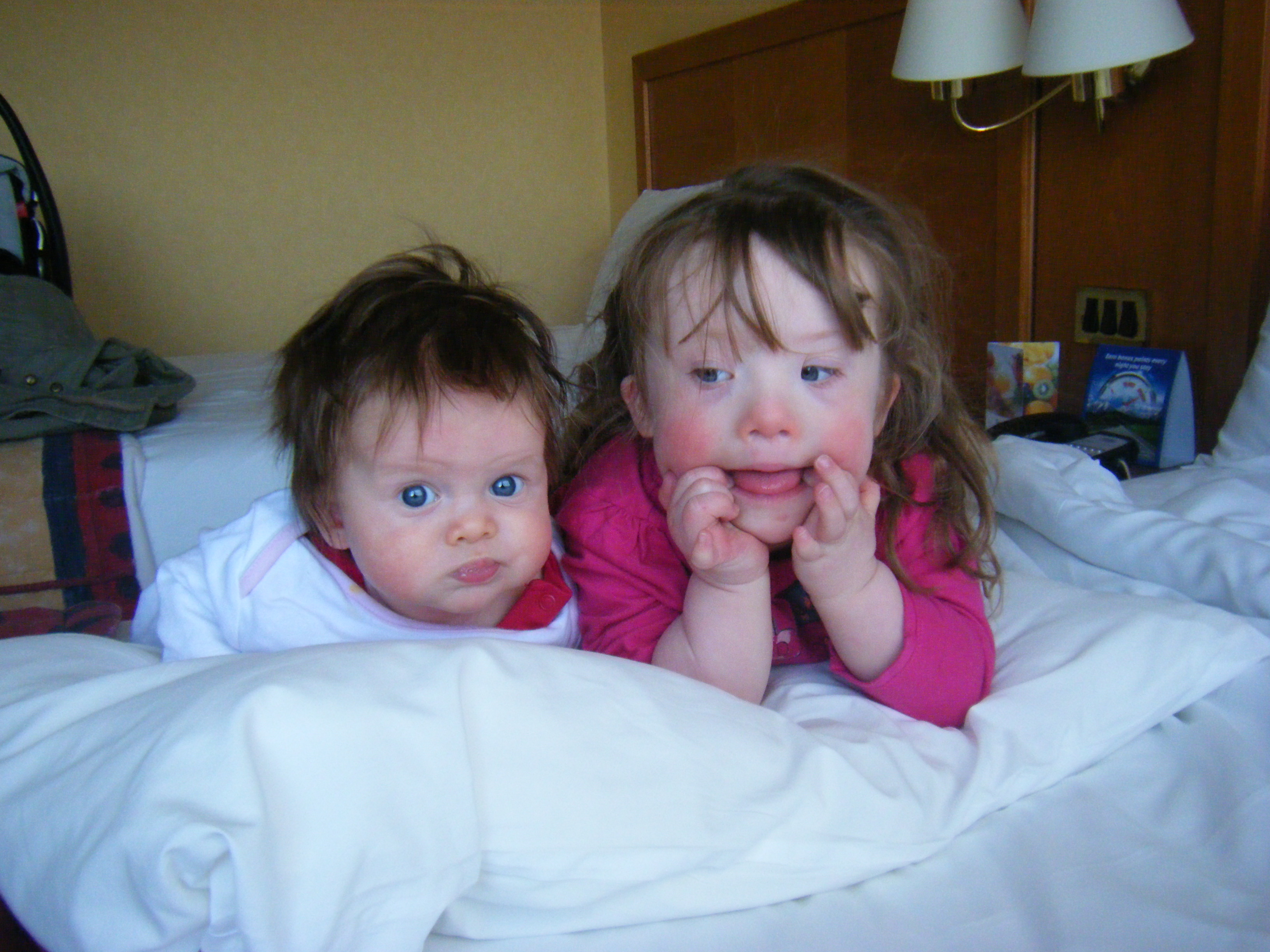
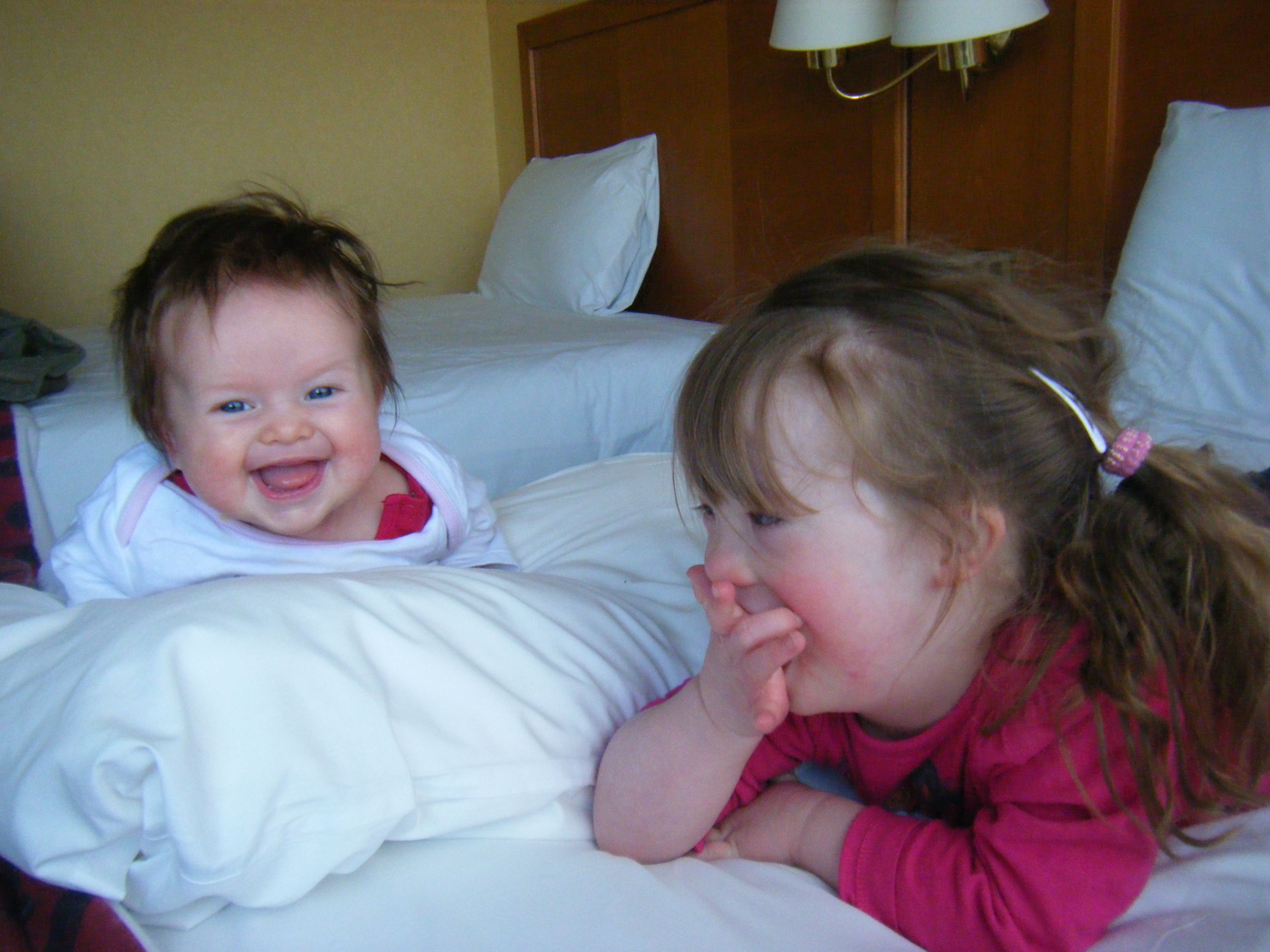
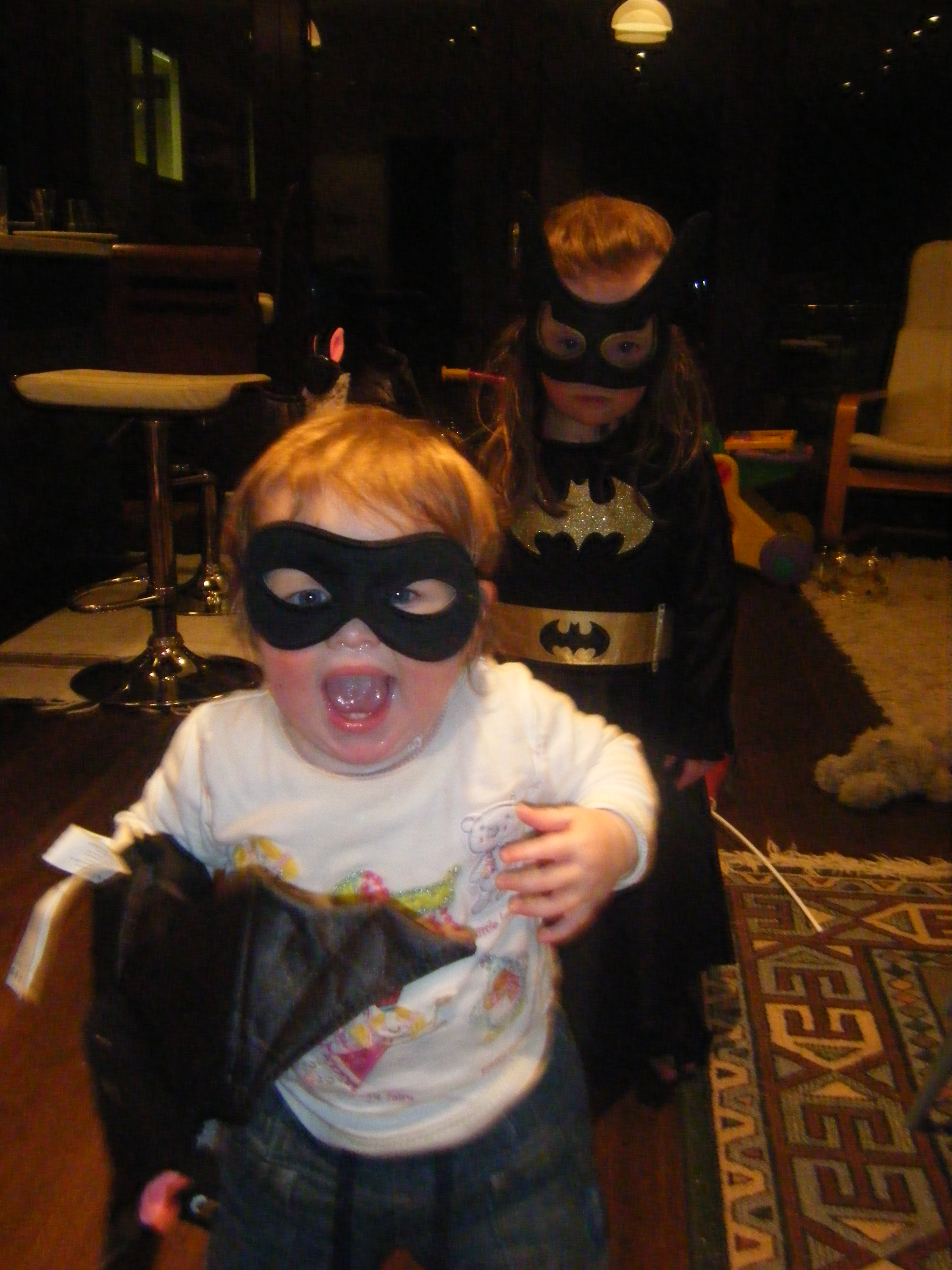


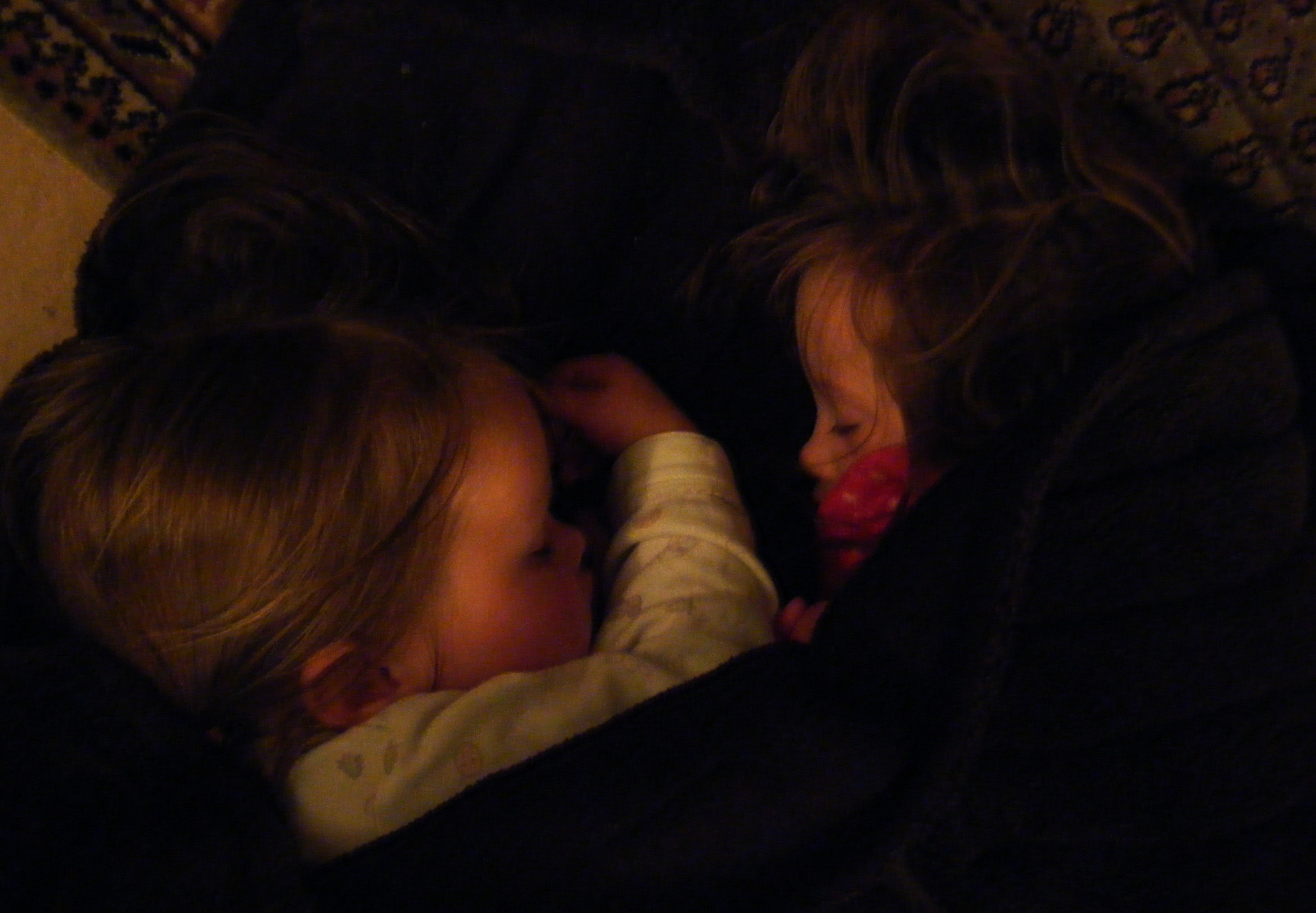
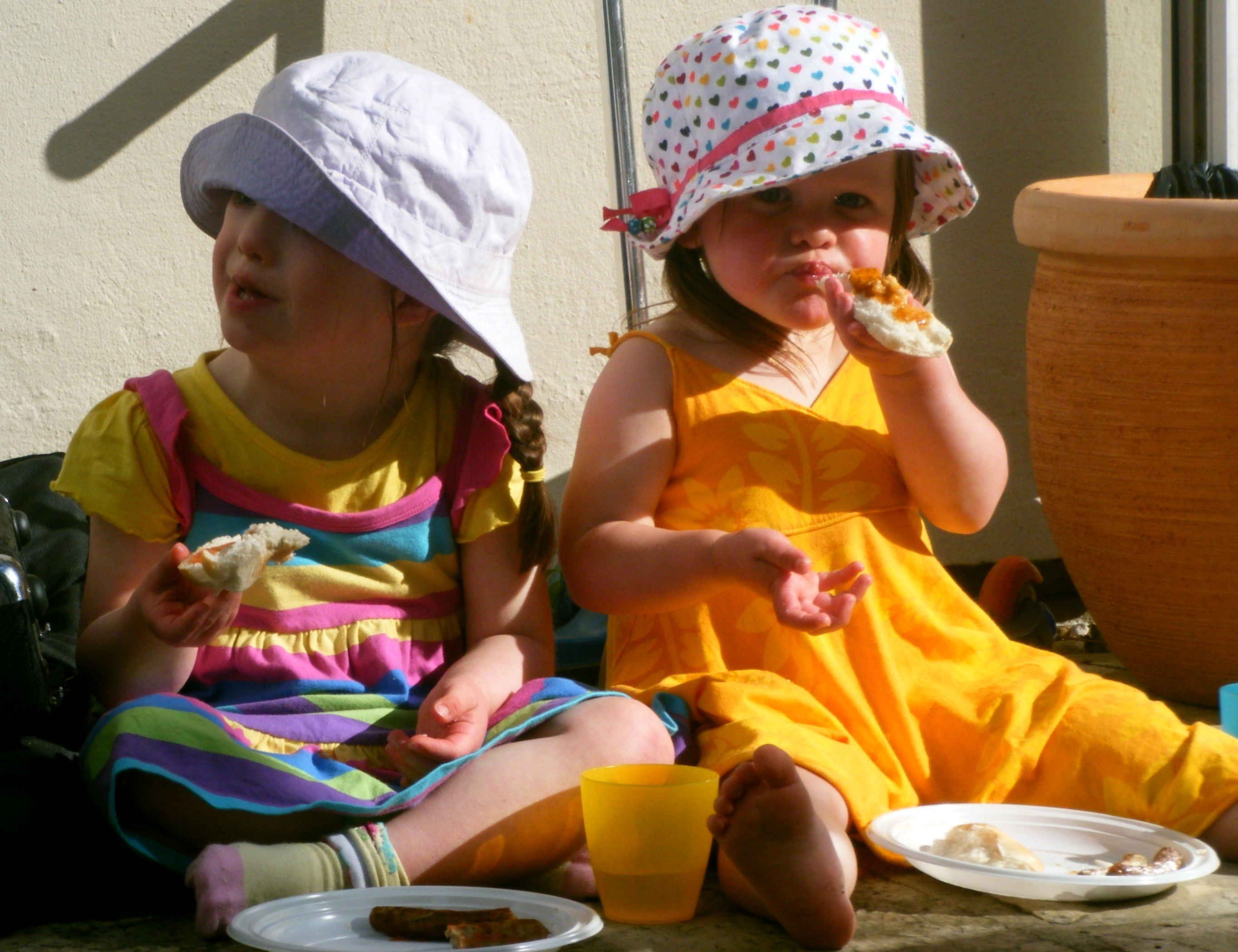
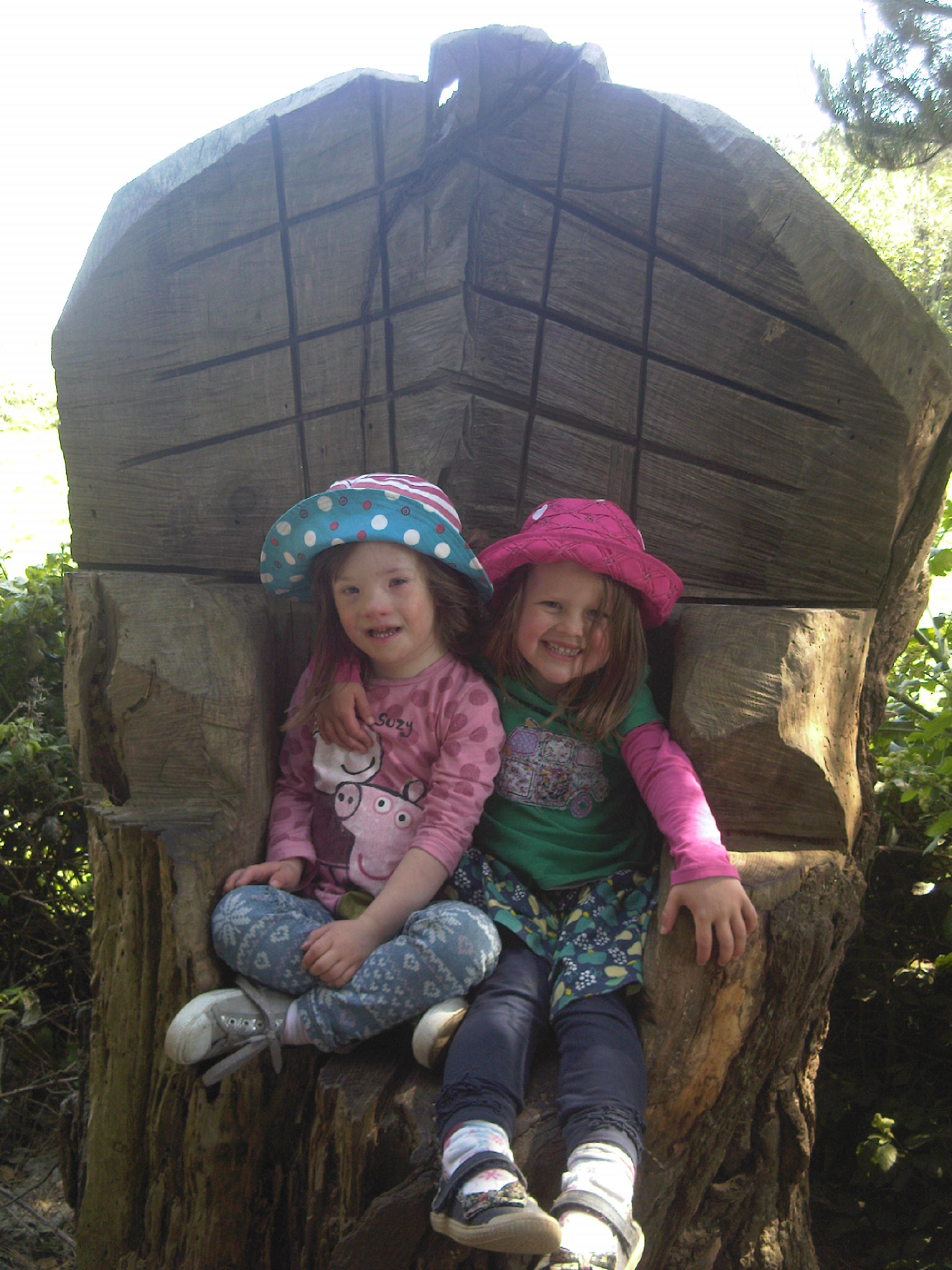
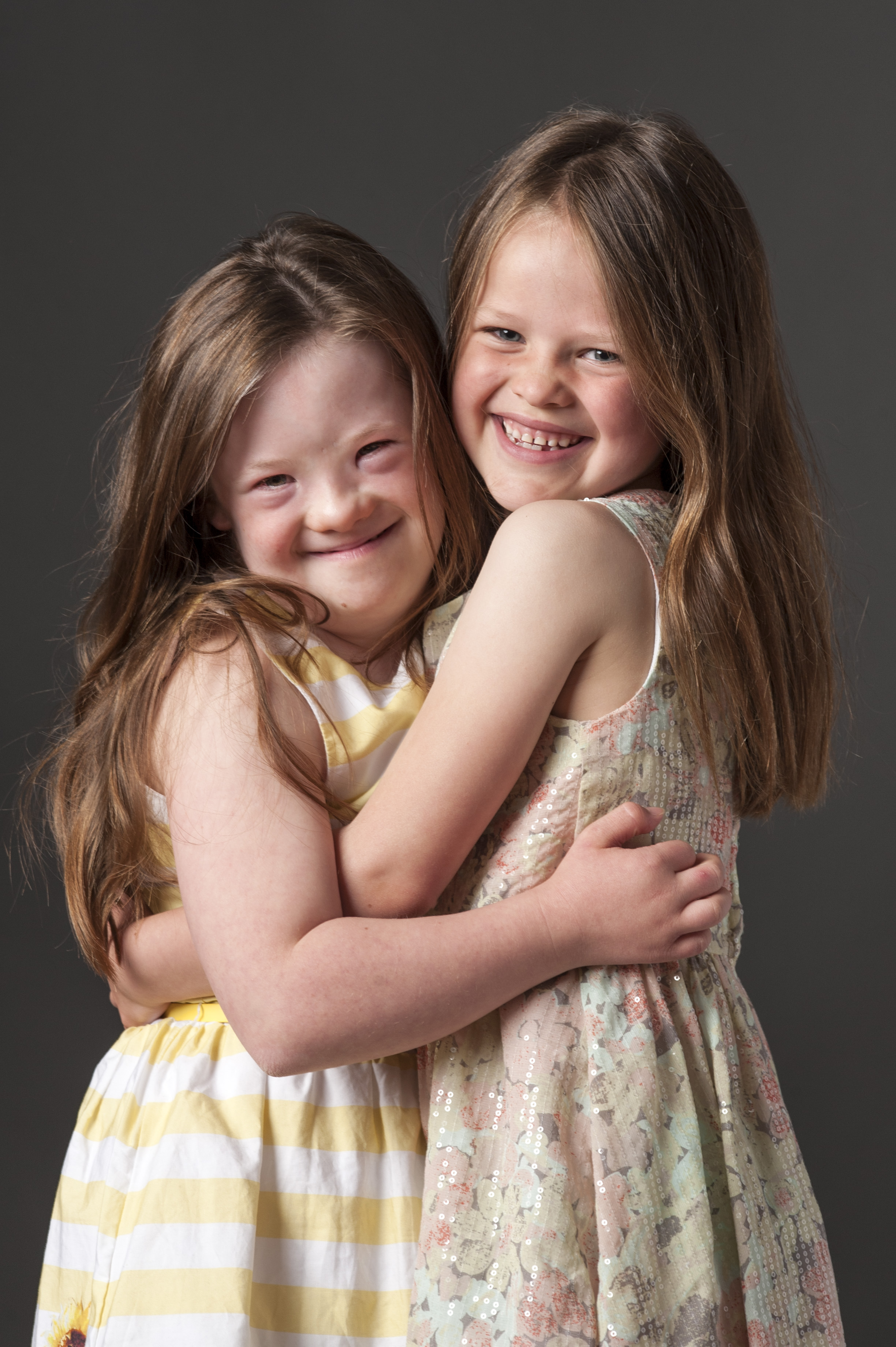

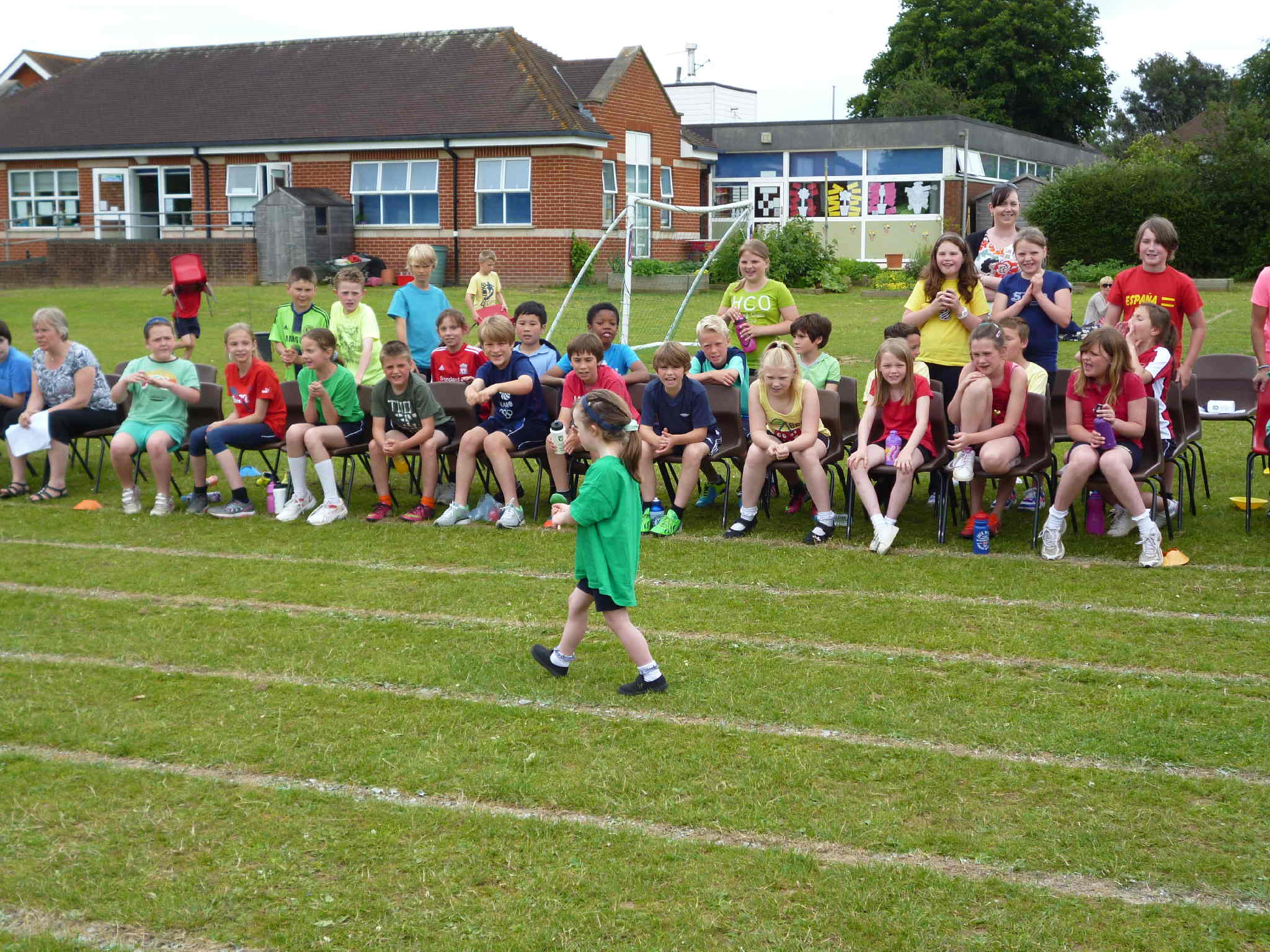
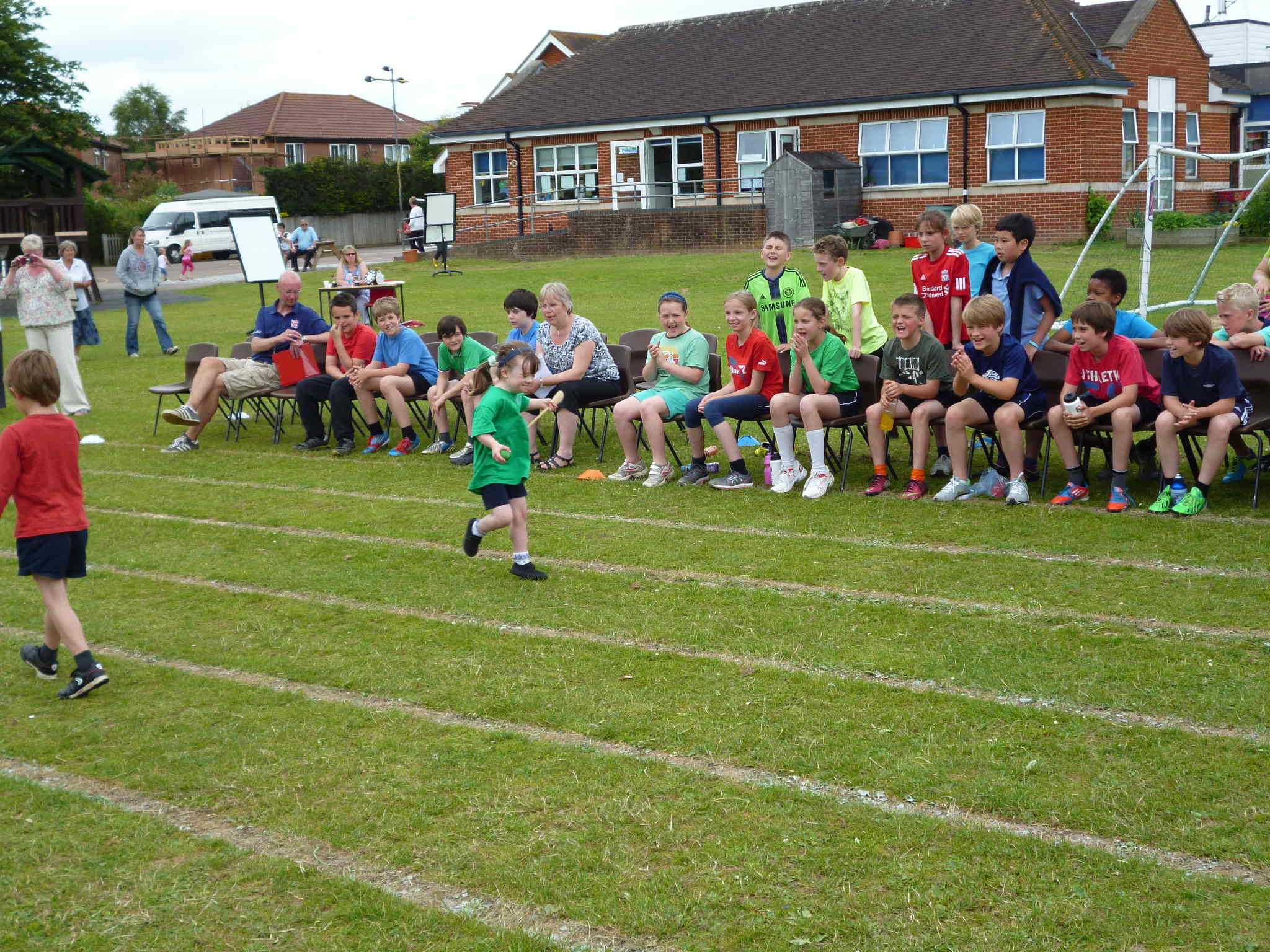
You must be logged in to post a comment.